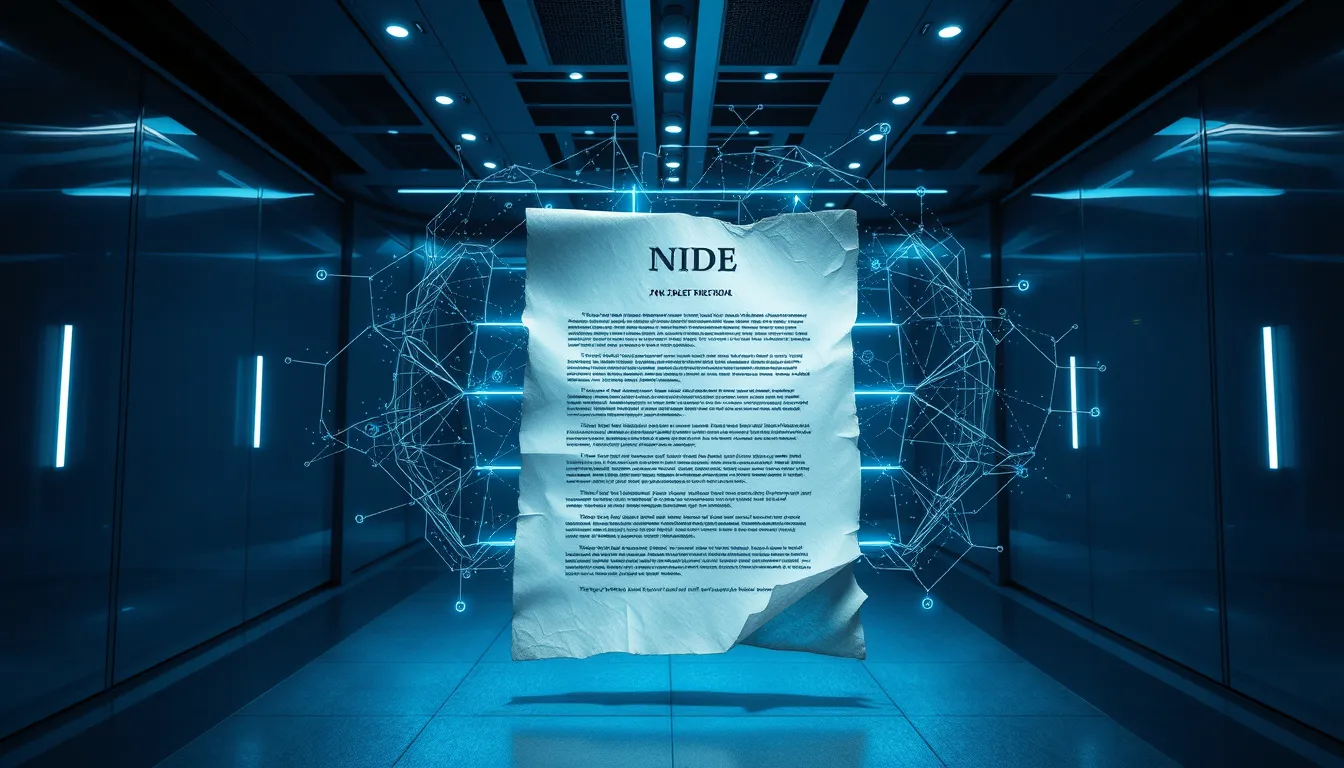Now Reading: Multi-Agent AI Governance: Regulatory & Oversight Challenges
-
01
Multi-Agent AI Governance: Regulatory & Oversight Challenges
Multi-Agent AI Governance: Regulatory & Oversight Challenges

Multi-Agent AI Governance: Regulatory & Oversight Challenges
Introduction
In today’s rapidly evolving technological landscape, multi-agent AI governance has emerged as a critical area of focus. As autonomous systems become increasingly interconnected, the need for robust AI regulatory frameworks and effective oversight mechanisms is more urgent than ever. This article examines the current challenges of governing multi-agent AI systems, explores regulatory frameworks, and explains the importance of technological safeguards and ethical considerations.
Understanding Multi-Agent AI Governance
Multi-agent AI governance refers to the comprehensive management of systems where multiple AI agents operate simultaneously, each with its individual decision-making protocols and objectives. As these agents interact, the complexity of ensuring transparency, accountability, and security multiplies. Some key issues include:
- Coordinating decision-making protocols among agents
- Preventing biases and vulnerabilities in autonomous systems
- Ensuring that ethical and regulatory standards are met
These challenges highlight the need for dynamic and adaptable governance mechanisms that can evolve alongside technological advancements.
Current AI Regulatory Frameworks
One essential facet of this discussion is the exploration of current AI regulatory frameworks. Governments and international organizations are beginning to draft guidelines aimed at enhancing the ethical use of AI and ensuring that technological progress does not come at the expense of human rights or public safety. Several elements form the basis of these frameworks:
- Legal and Ethical Standards: Regulations that set out clear ethical boundaries for AI development and deployment.
- Accountability Measures: Protocols to ensure that developers and operators of AI systems remain accountable for their systems’ actions.
- Transparency Requirements: Mandates for revealing algorithmic decision-making processes to foster trust among users and regulators.
For further reading on AI regulatory frameworks, the European Commission’s official website (https://ec.europa.eu/info/index_en) provides extensive resources on current initiatives and policy drafts.
Technological Safeguards and Oversight Mechanisms
Another crucial component in multi-agent AI governance is the incorporation of technological safeguards. These safeguards include advanced monitoring systems, automated compliance checks, and real-time risk assessments. They are designed to prevent unintended consequences, such as algorithmic biases and security vulnerabilities. Key measures include:
- Continuous system audits to detect anomalies
- Integration of AI ethics boards for unbiased review
- Adoption of adaptive risk management strategies
By implementing such measures, organizations can better manage the challenges of governing multi-agent AI systems. These technological investments not only enhance system performance but also ensure that AI remains a tool for positive change.
Challenges of Governing Multi-Agent AI Systems
Despite these promising strategies, the challenges of governing multi-agent AI systems remain multifaceted. Among these challenges, the following stand out:
- Complexity of coordination: When multiple AI agents interact, coordinating their actions becomes increasingly complex, particularly when their objectives are not aligned.
- Rapid technological change: As AI technology evolves at an unprecedented pace, regulatory frameworks may struggle to keep up, leaving gaps in oversight.
- Ethical dilemmas: Ensuring fairness, accountability, and transparency often involves navigating complex ethical dilemmas that are not easily resolved by traditional regulatory means.
These issues underscore the necessity of a proactive approach. As new challenges arise, continuous dialogue among technologists, policymakers, and ethicists is critical to evolving governance practices.
Ethical Considerations and Collaborative Oversight
Multi-agent AI governance is not solely a technical problem—it is also deeply entwined with ethical and societal concerns. Addressing ethical considerations involves:
- Defining clear ethical guidelines that align with societal values
- Establishing decision-making protocols that minimize inherent biases
- Promoting transparency to build public trust
Collaborative oversight mechanisms are equally important. When regulators, industry leaders, and academic researchers come together, they can draw on a wealth of perspectives and expertise. A collaborative approach not only helps in identifying potential risks early but also in developing mitigation strategies that are both effective and equitable.
Conclusion
In conclusion, multi-agent AI governance is at the forefront of discussions around the future of autonomous systems. The evolving landscape requires comprehensive regulatory frameworks, integrated technological safeguards, and robust ethical oversight. As challenges of governing multi-agent AI systems persist, a commitment to collaboration among all stakeholders becomes indispensable. By confronting these issues head on, we can pave the way for a future where AI not only drives innovation but also operates within a framework that ensures fairness, accountability, and transparency.
For more insights into AI governance and ethical considerations, readers can visit reputable sources such as the Alan Turing Institute (https://www.turing.ac.uk/) and MIT’s official website (https://www.mit.edu/).
In this dynamic era, staying informed about multi-agent AI governance is essential for policymakers, technologists, and the broader public. As multi-agent AI continues to evolve, so too must our strategies to regulate and oversee it, ensuring that innovation proceeds hand-in-hand with ethical and responsible practices.

























